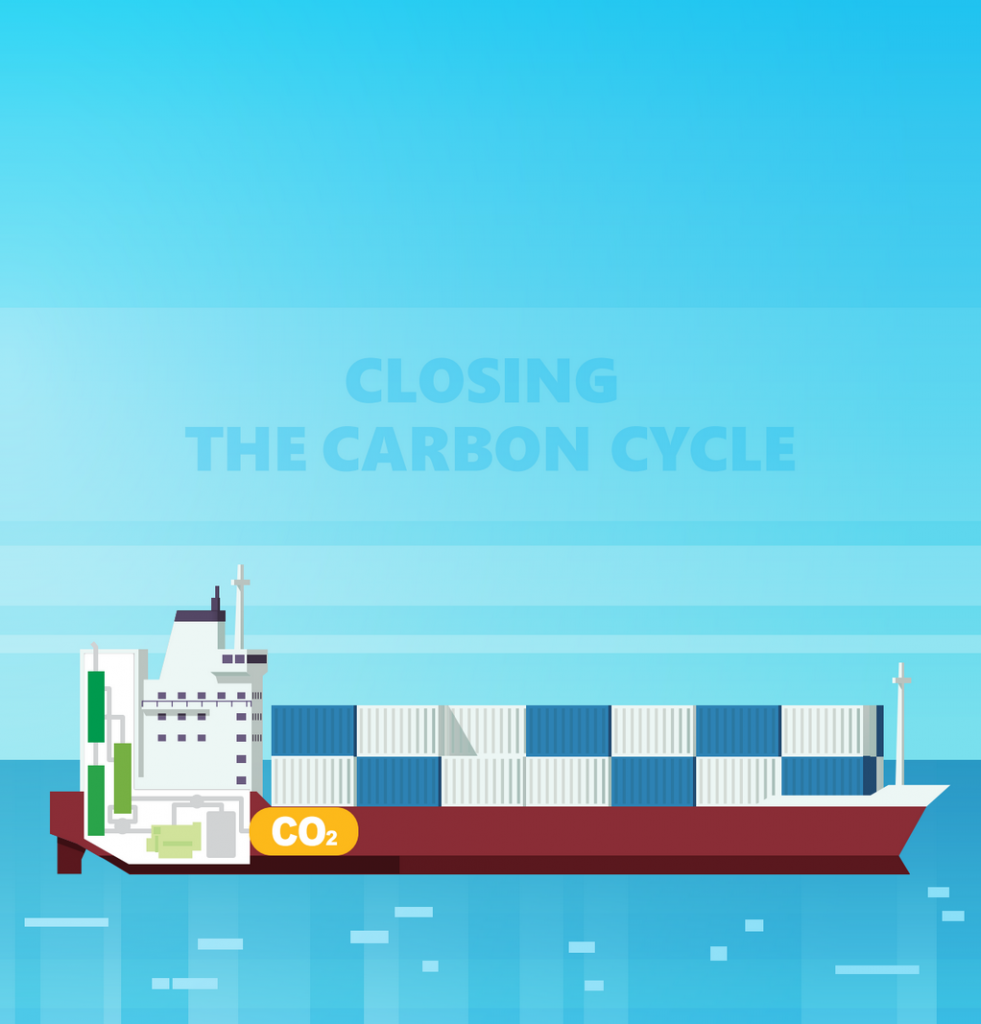ClassNK has released the Guidelines for Ships Using Alternative Fuels (Edition 3.0). In addition to safety requirements for ships using methanol, ethanol, LPG, and ammonia as fuel, this edition newly adds requirements related to hydrogen-fueled ships, providing guidance for the design of alternative-fueled ships.
The guidelines describe safety requirements for alternative-fueled ships including requirements for installation, controls, safety devices, etc., thus aiming to minimize the risks to ships, seafarers and the environment posed by the use of alternative fuels.
The provisions of its rules including part GF of its ‘Rules and Guidance for the Survey and Construction of Steel Ships’ incorporating the IGF Code, are taken as the basic requirements. Based on the deliberations at the IMO Subcommittee on Carriage of Cargoes, held in 2023, and the knowledge gained from design reviews conducted by ClassNK to date, additional requirements corresponding to the physical properties of hydrogen fuel and assumed hazards are newly established as Part D. Specifically, it includes requirements that contribute to the safety of hydrogen-fueled ships, such as points of consideration for preventing explosions due to the ease of ignition of hydrogen and impacts on seafarers and the environment due to hydrogen fuel leakage.
Tags: Alternative Fuels, Class NK, Hydrogen



Recent Posts
DP World and Asian Terminals Inc deploy first fleet of electric internal transfer vehicles in the Philippines
Lloyd’s Register Decarbonisation Hub Joins Mærsk Mc-Kinney Møller Center as Knowledge Partner
Wärtsilä engines selected to deliver reliable power for US data center
Japan’s First LNG-Powered Cruise Ship Begins Operations with Shore Power Capabilities
Amogy Secures Additional $23 Million to Advance Ammonia-to-Power Solutions and Expand in Asia
NEMO strengthens global role with official status from IMO and IAEA
Summit at SRM University – AP to Drive Dialogue on Green Hydrogen Innovation
Goltens Partners with Orcan Energy to Expand Marine Waste Heat Recovery Solutions